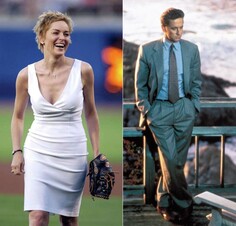
Like many others, Green and Daniels examine the calls of baseball umpires. In keeping with this literature there is no shortage of decisions being examined. In keeping with this literature Green and Daniels find that the umpires’ decisions are not purely a function of ball position. The dynamics of the game matters.
Most of the literature suggests that classifying a baseball in position X as a “ball” on one occasion, and as a “strike” on another occasion, implies an error on the part of the umpire. In this literature, the strike zone is fixed. In this literature inconsistency implies error and any statistical correlation with non-rule factors implies associated bias.
Green and Daniel disagree with the “attribution of bias”. Green and Daniels make the case for a varying strike zone. A sort of situational umpiring. This is driven by the view that “pitchers and batters behave differently in different counts” and the umpires expect such changes. It means that the umpires expect a different distribution of ball positions depending on the count and this conditions their calls. It seems a plausible explanation of reality. The predictive power of their model provides empirical support.
My natural inclination is to try to reconcile the competing perspectives. However, that will take a few more readings.

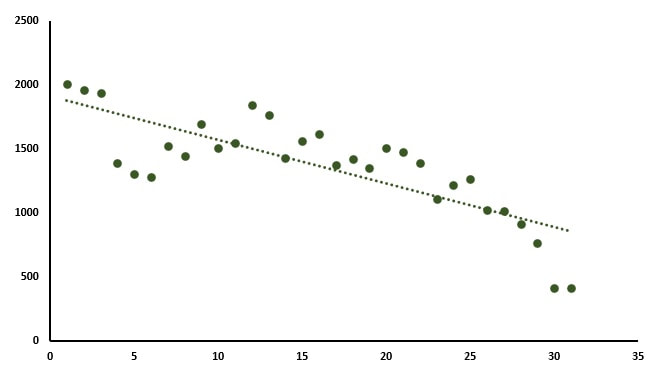
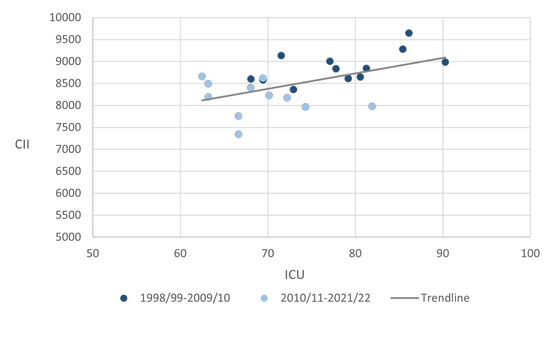
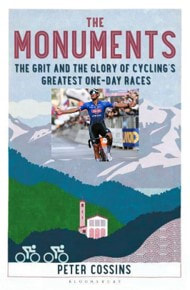

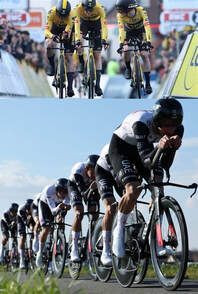
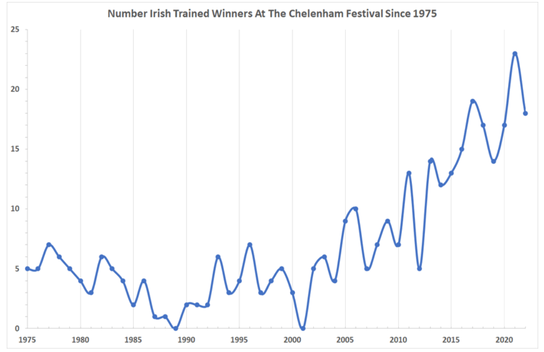
 RSS Feed
RSS Feed